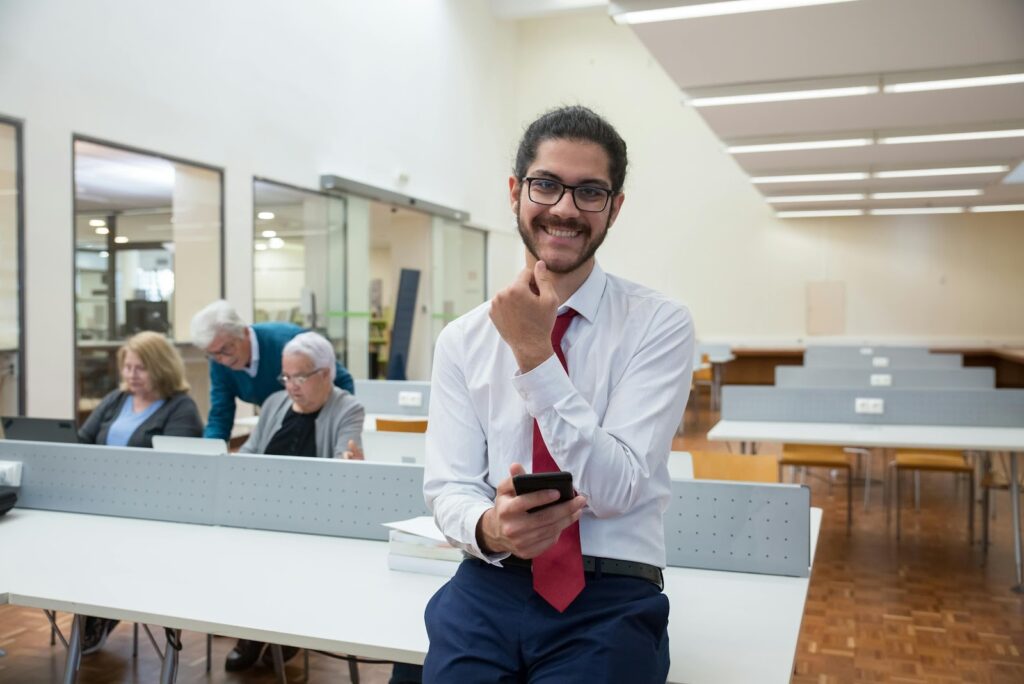The rights of deaf individuals and other persons with disabilities are safeguarded in the Philippines.
One of the most important legal mechanisms enforcing such rights is Magna Carta for Persons with Disabilities.
The act through prohibition against discrimination and facilitation of access to public services, employment, healthcare, and education gives equal opportunity to individuals with disabilities.
The majority of the deaf in the Philippines continue to be hindered by barriers which limit them from integrating into society in spite of these protection mechanisms in law.
In order to assist in integration and equality of opportunities, it is achieved through an understanding of the Magna Carta for Persons with Disabilities and the implications on the rights of the deaf.

The Magna Carta for Persons with Disabilities
Republic Act No. 7277, or the Magna Carta for Disabled Persons, was enacted to uphold the rights and well-being of the Filipino disabled.
It seeks to remove discrimination and ensure equal access to opportunity in all aspects of living.
The law guarantees the assurance of rights of the deaf to inclusive education and employment, sign language interpretation, and communication accessibility.
Furthermore, the Magna Carta also forces public and private institutions to adopt policies that include care for persons with disabilities.
These encompass accessibility in public transport, hospital, school, and workplace.
Though the law is inclusive, implementation gaps exist, and lack of awareness and application prevents most deaf people from fully enjoying their rights.
Education and Language Accessibility for the Deaf
Magna Carta ensures education as one of the fundamental rights of persons with disabilities.
Through the requirement of imposing sign language interpretation and learning support, deaf students are entitled to quality education under the law.
The national sign language of the deaf in the Philippines is Filipino Sign Language (FSL).
It assists in the spread of the use of FSL in seeking its implementation in all public services, government, and education.
Despite all these legal provisions, there remain some issues.
It is not easy for deaf students to receive fully inclusive education since certified sign language interpreters are not provided in most schools.
Due to a shortage of accessibility provisions in certain regular schools, deaf students are forced to endure communication barriers.
While deaf students also require support from higher learning institutions, facilities are never provided.
For the deaf to enjoy equal access to education, it is necessary for these rights to be more enforced and more FSL interpreters to be made available.
Employment Rights and Workplace Inclusion
Equal employment opportunities for the deaf are granted by the Magna Carta for Persons with Disabilities.
The employers are required to make reasonable accommodations, such as accessible workplaces and communication support.
Yet, the majority of deaf Filipinos struggle to find and keep jobs despite these legal protections.
Due to misconceptions about their abilities or fears of communication problems, some employers are not willing to hire deaf employees.
Government incentives and programs encourage and urge companies to hire disabled individuals but advocacy and enforcement are real concerns.
Greater accessibility in the workplace and more ardent advocacies can enable more open employment opportunities for the deaf.
Access to Public Services and Healthcare
The deaf have the right to access public services, such as healthcare, social services, and legal services, under the Magna Carta for Persons with Disabilities.
Access to healthcare is still a significant issue, nevertheless.
Lack of sign language interpreters in the majority of hospitals and clinics makes communication between deaf patients and medical staff difficult.
This deaf patient communication barrier, when they visit to seek medical attention, may result in misdiagnosis, compromised care quality, and frustration.
Although not yet widely practiced, there are hospitals that have initiated the service of video relay interpreting to facilitate easier accessibility.
The government ministries and other public institutions must also serve the deaf by making available accessible communication means and sign language interpretation.
The majority of the deaf do not receive basic services owing to implementation gaps despite the law’s enactment.
These issues can be resolved through more training for service providers and greater enforcement of the accessibility law.
Challenges and Areas for Improvement

The deaf community in the Philippines still faces various challenges despite the robust legal protection offered by the Magna Carta for Persons with Disabilities.
One of the main challenges is the shortage of certified sign language interpreters.
Deaf people find it challenging to access education, employment, and healthcare because there is much more demand for interpreters than supply.
The other primary challenge is the patchy enforcement of accessibility laws.
Although equal rights are legislated into law, not all institutions adhere to its decree.
More monitoring and disciplining bodies must be instituted for the law to be implemented to the fullest.
There is also no public awareness of Filipino Sign Language (FSL) and the deaf’s rights.
Since the majority of hearing people have no knowledge of FSL, the deaf are isolated and their communication becomes a problem.
There may be a more tolerant society with the spread of sign language lessons and deaf awareness on deaf rights.
Conclusion
The Magna Carta for Persons with Disabilities is one of the most important laws to safeguard the rights of the deaf in the Philippines.
It guarantees nondiscrimination and equal access to public services, employment, health, and education.
Yet due to limited access, poor facilities, and poor public awareness, deaf individuals still face problems despite these legal safeguards.
There should be more efforts to educate the public regarding the rights of the deaf, expand accessibility features, and strictly implement the law to respond to these issues.
The Philippines can also foster inclusivity and make sure that the deaf receive equal opportunities through these efforts.
For those who are looking for additional support, Unspoken Language Services offers interpreting services to help bridge the communication gap between the deaf and hearing communities.
Thumbnail photo by Kampus Production

